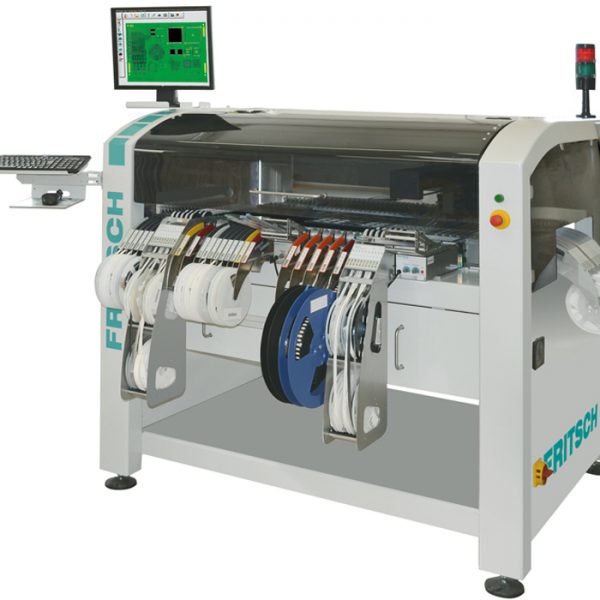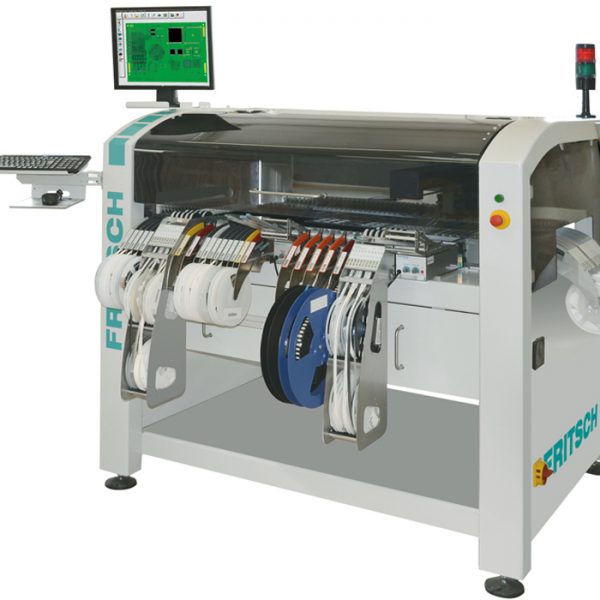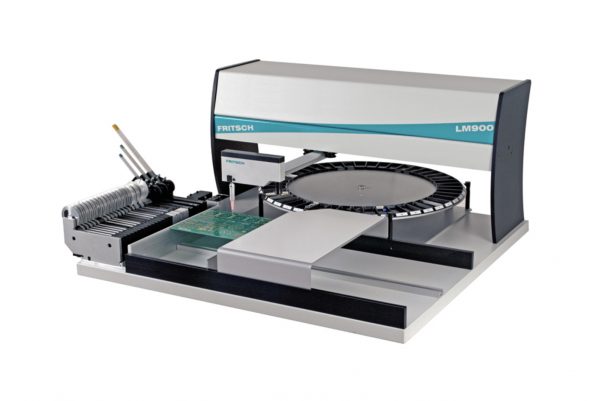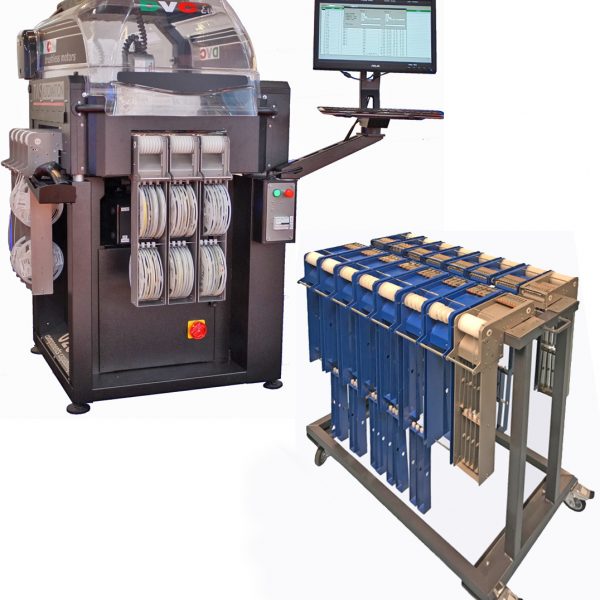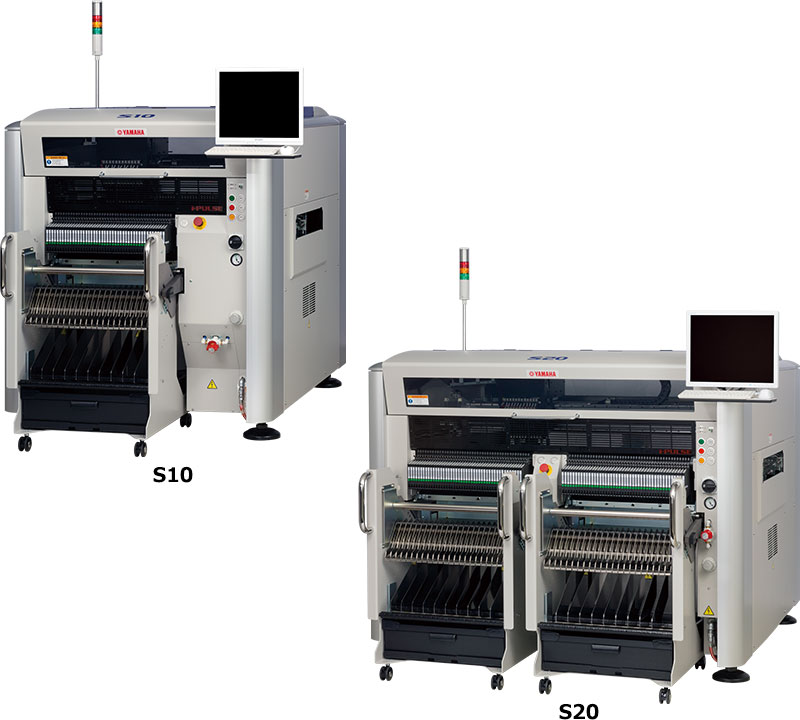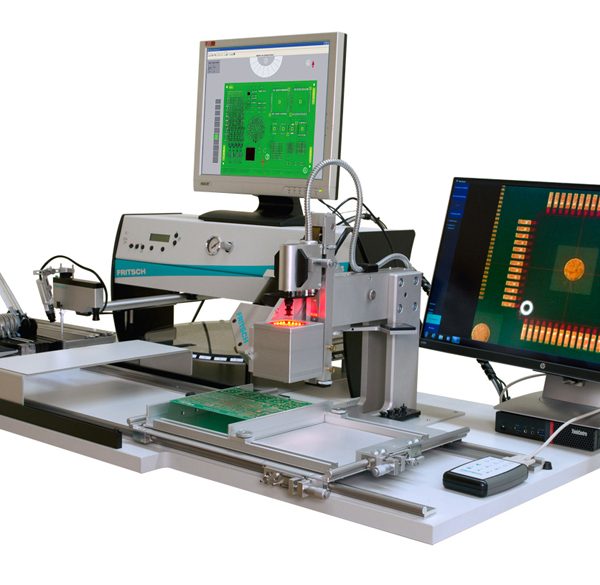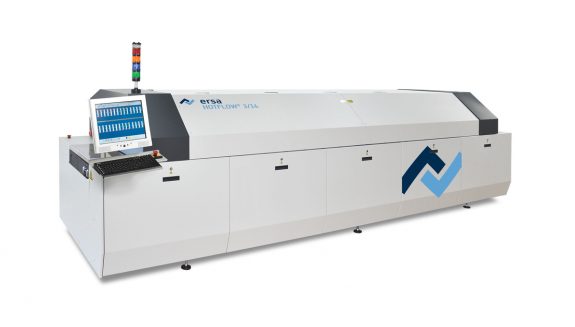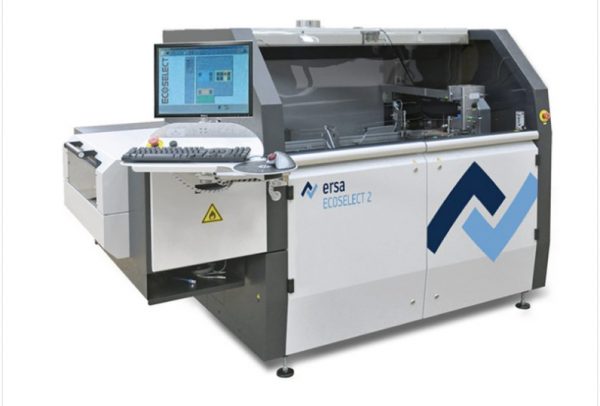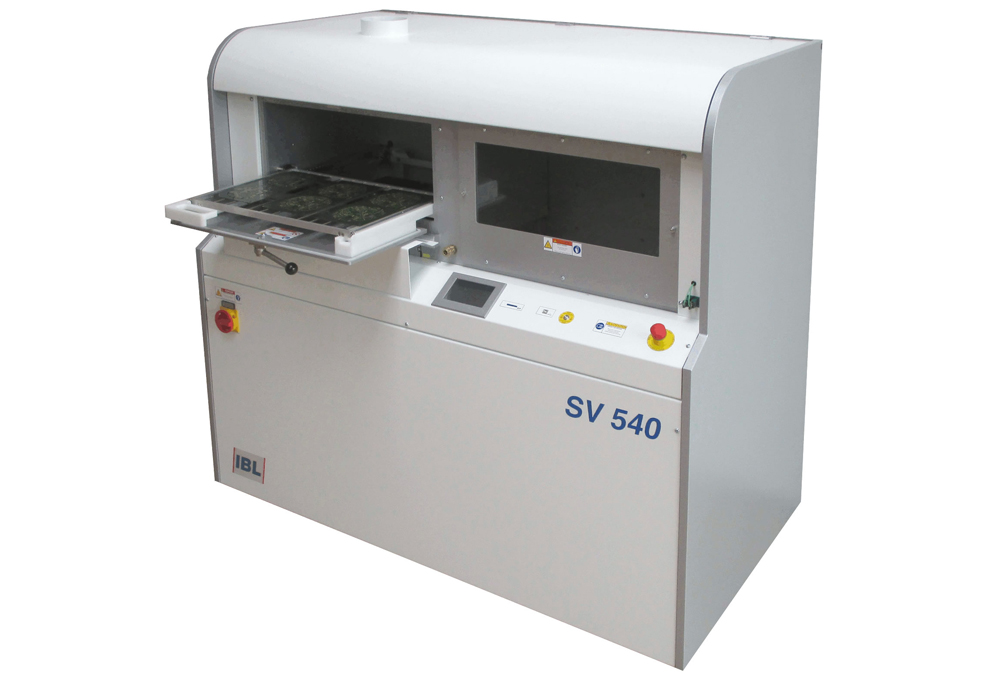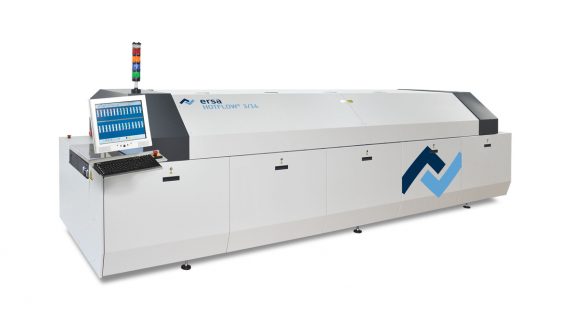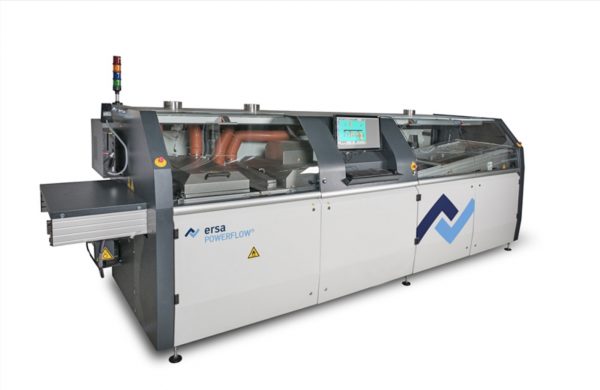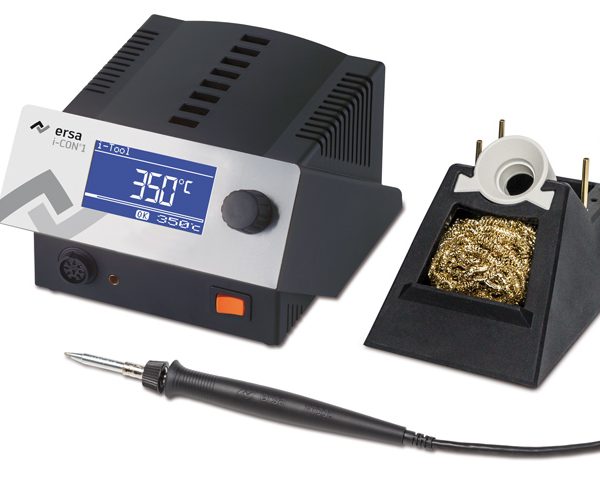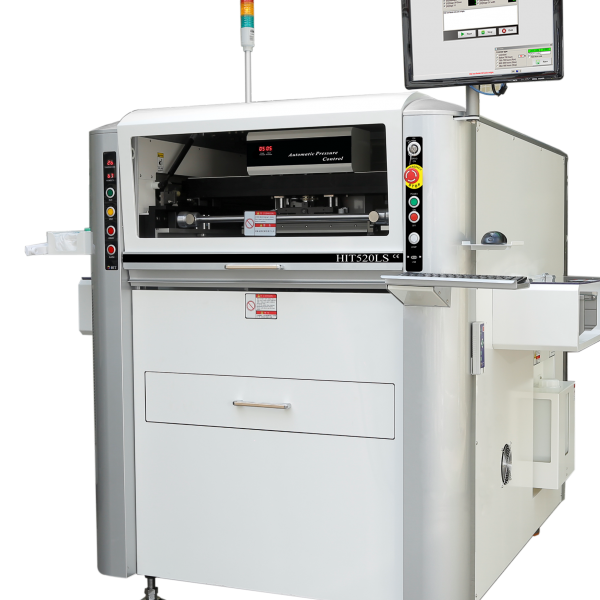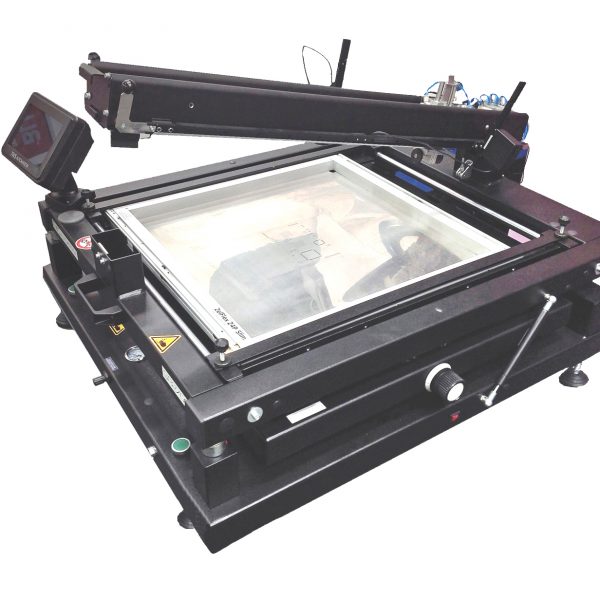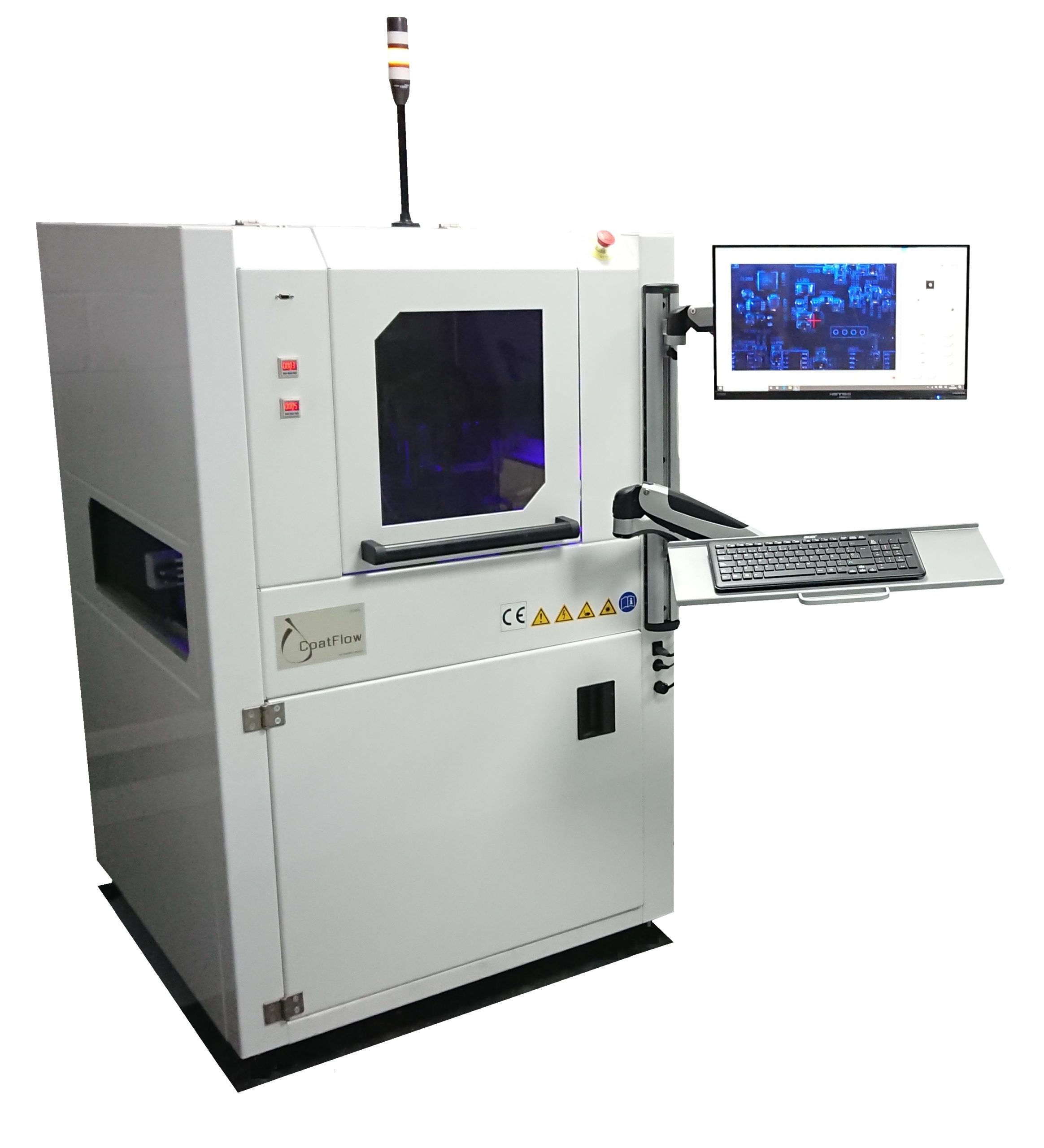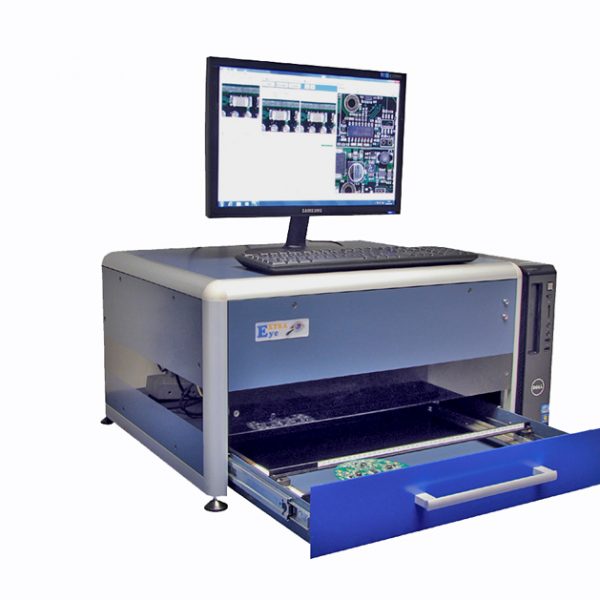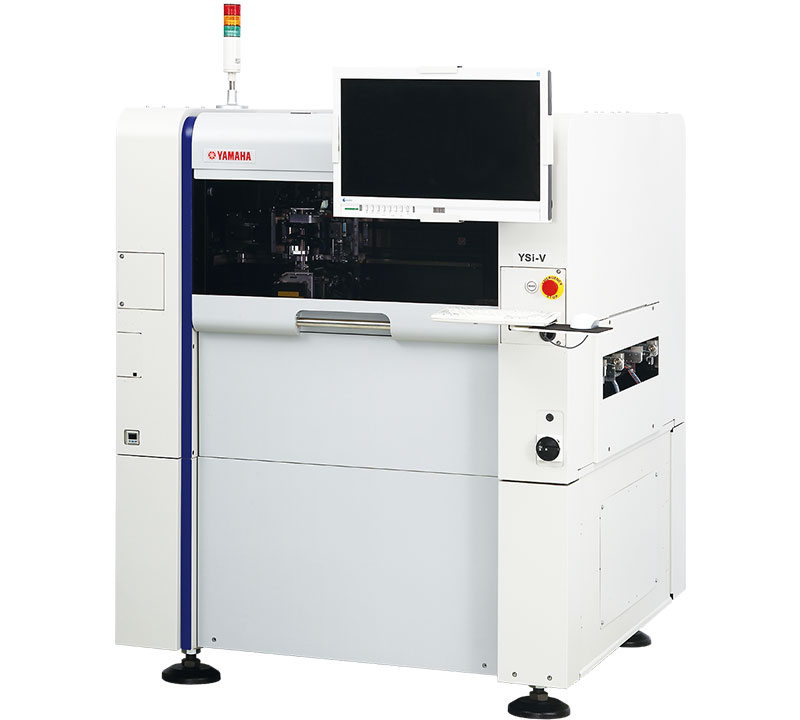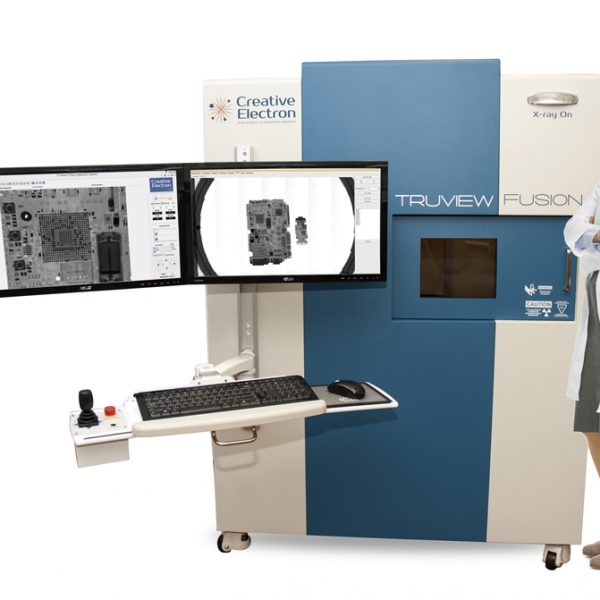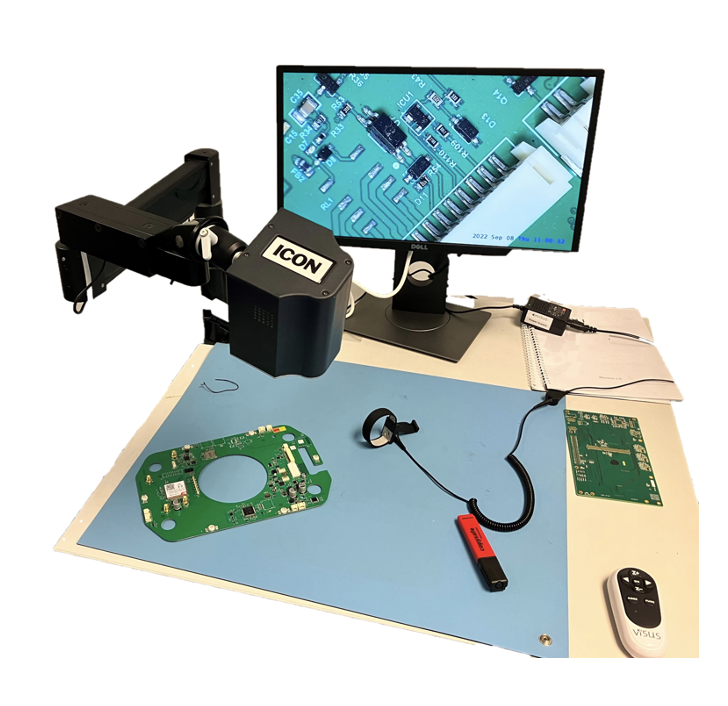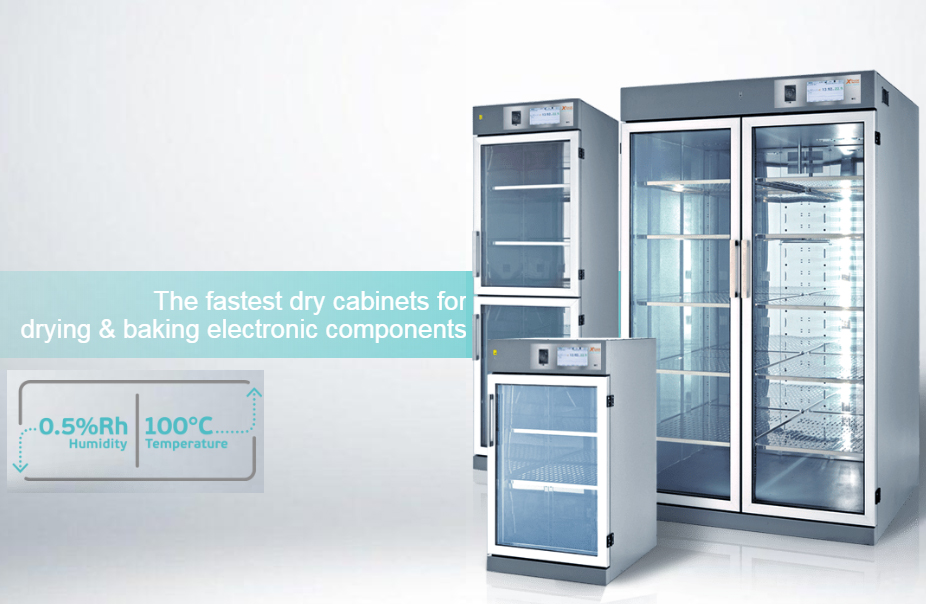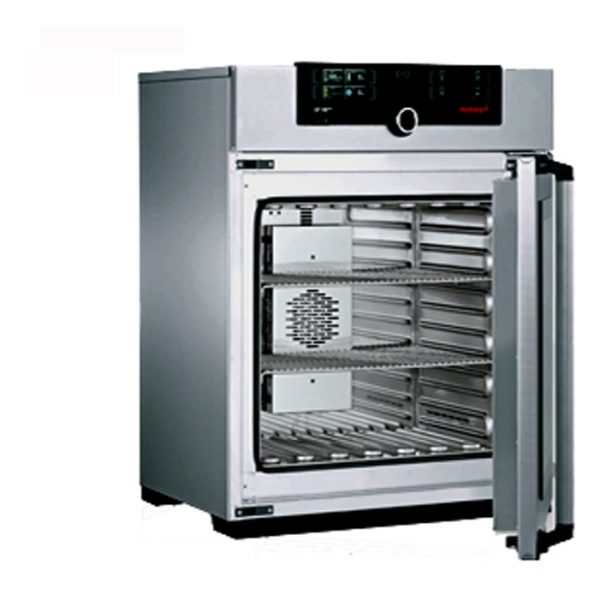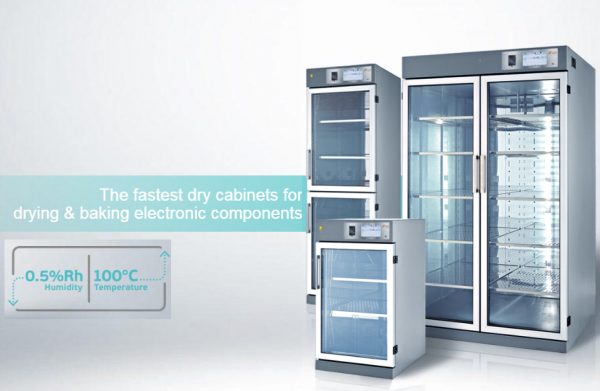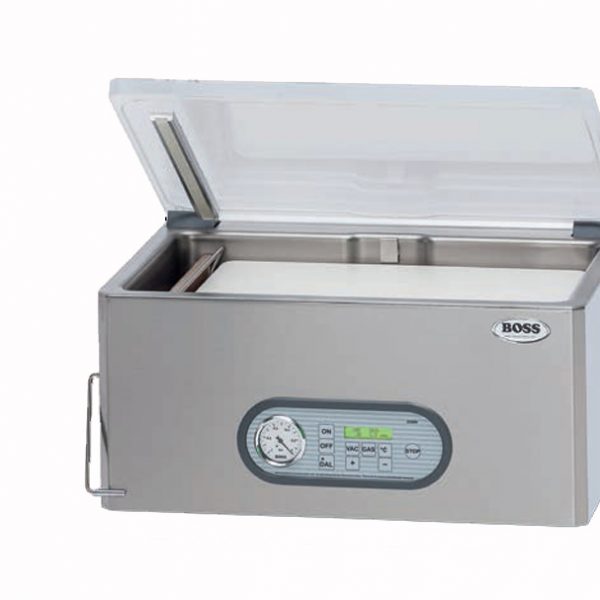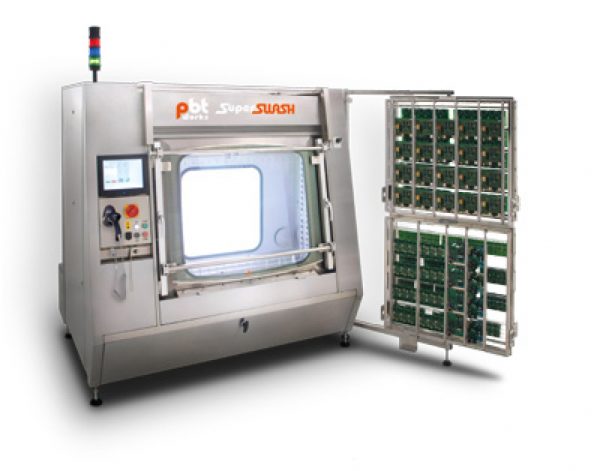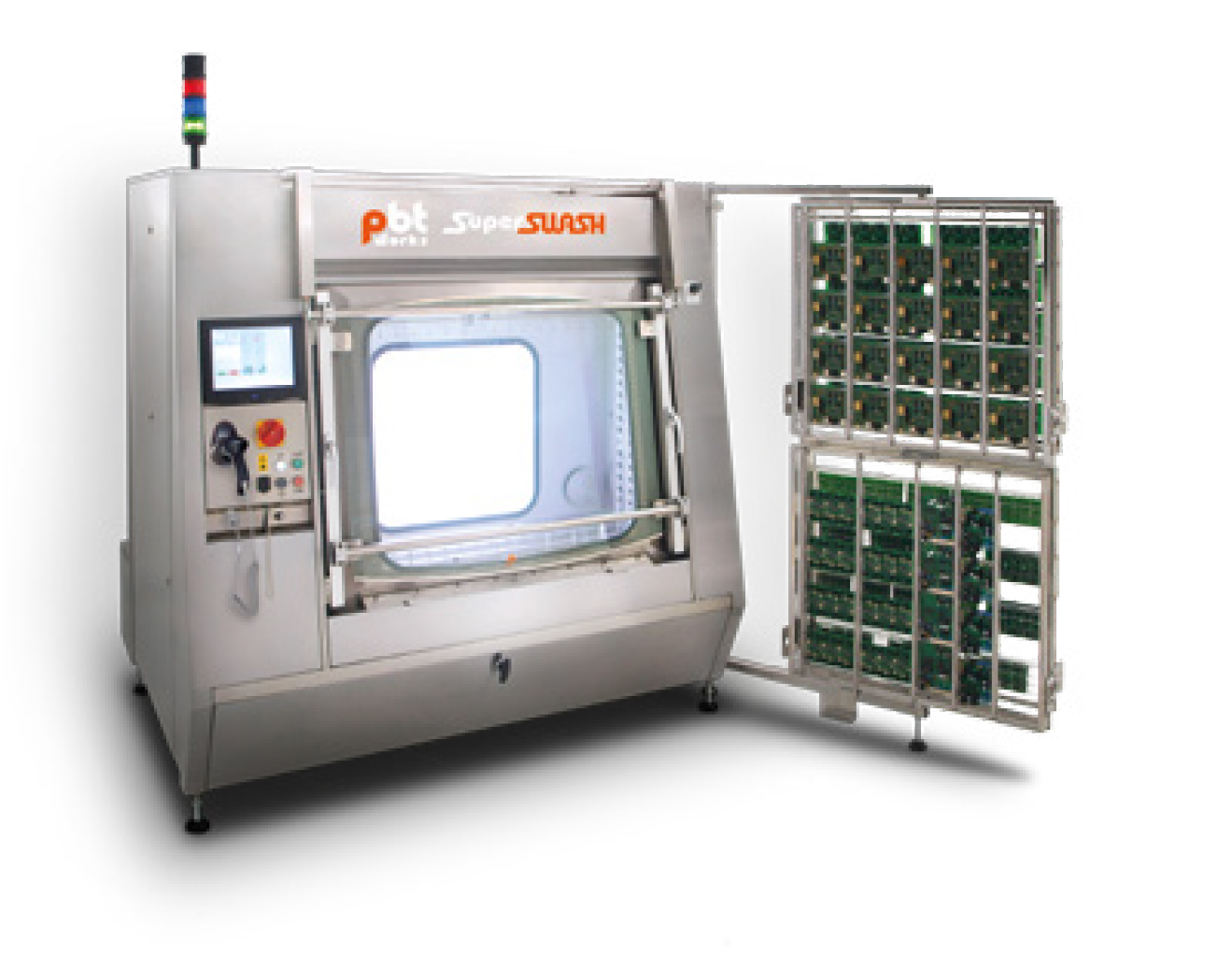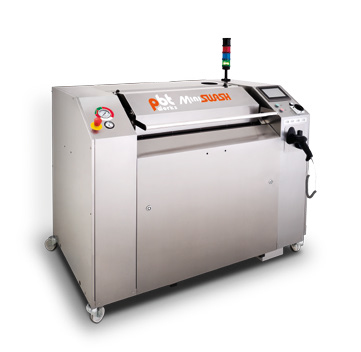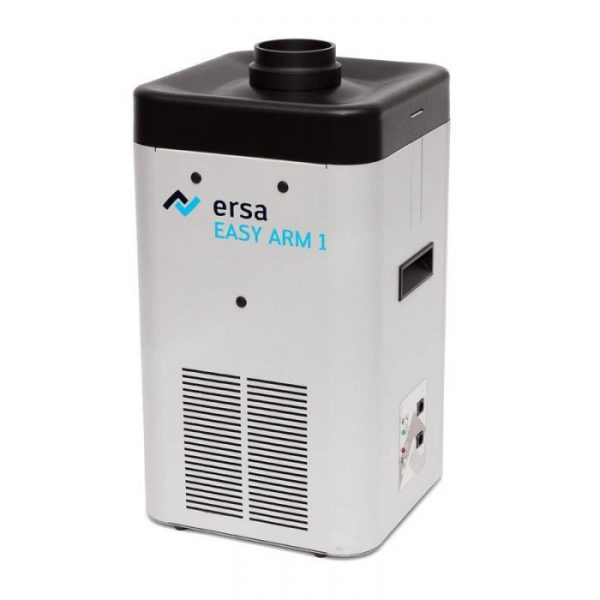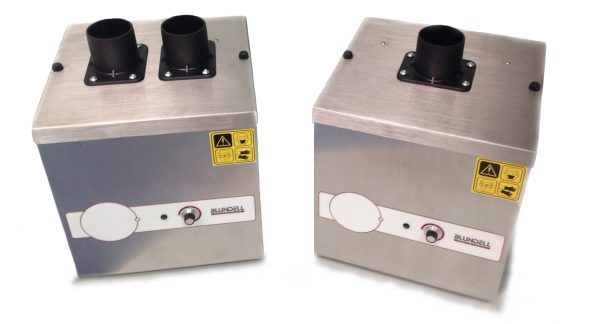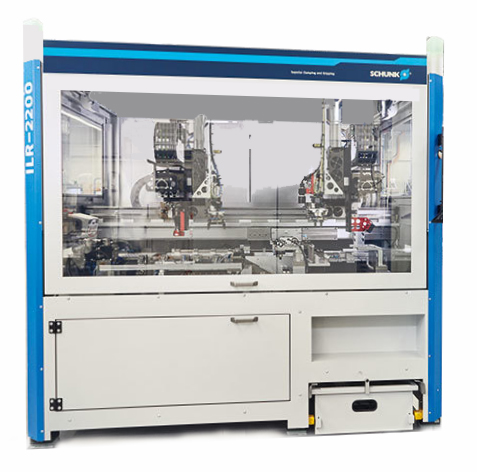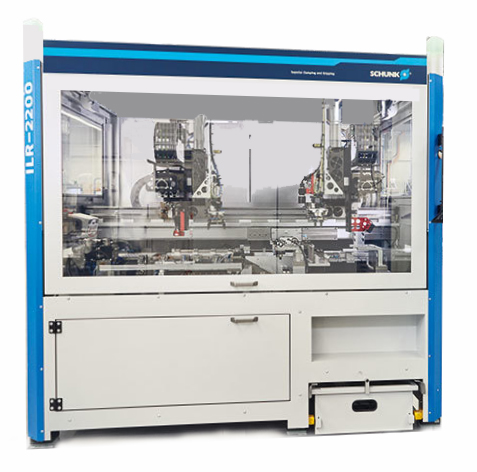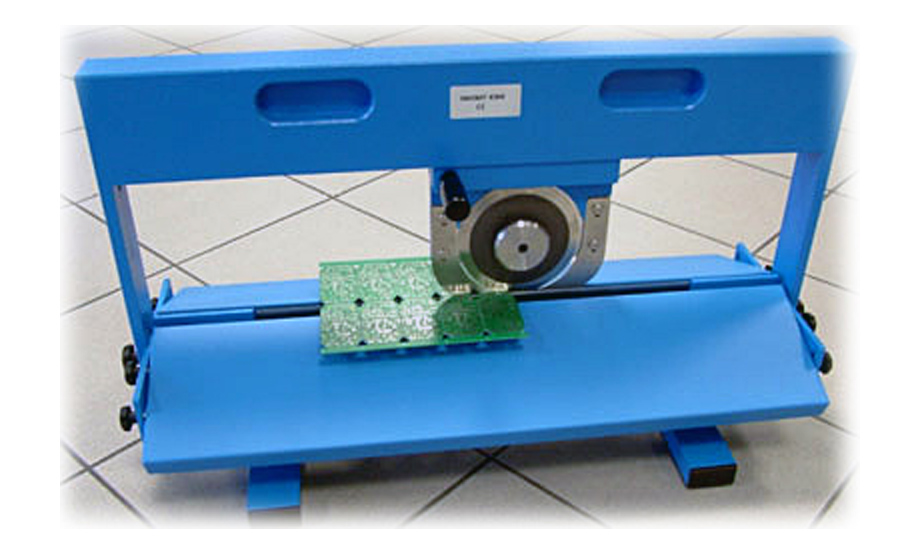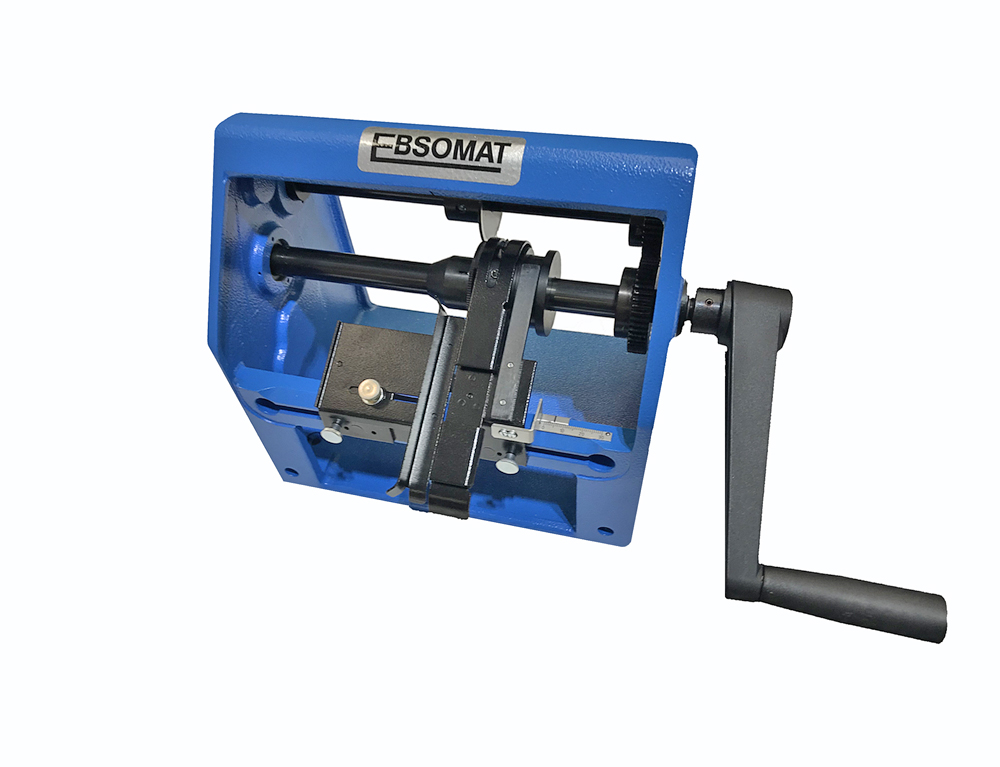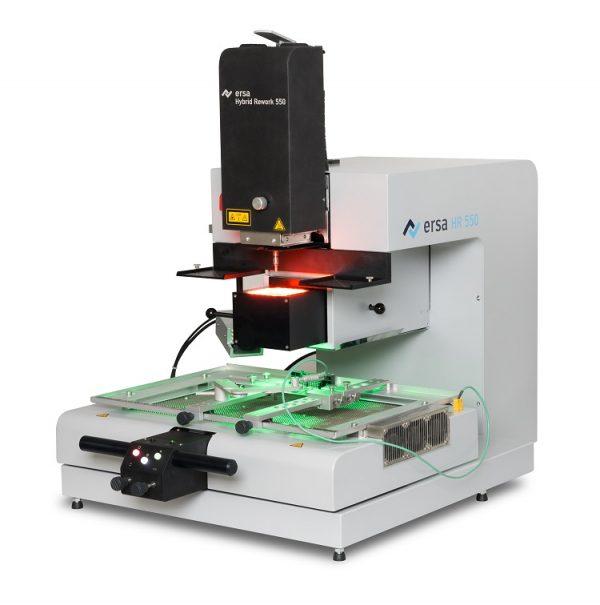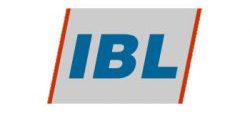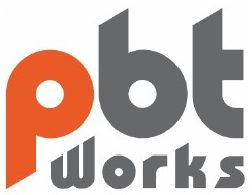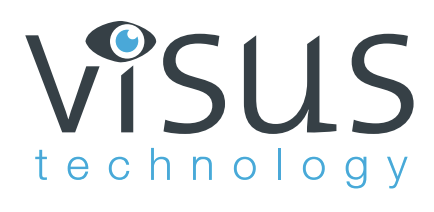There is increasing demand for Vapour Phase soldering in the manufacture of high complexity mixed technology PCB’s. Vapour phase affords much better control and stability over the entire soldering process when compared to traditional reflow soldering in a tunnel oven. Vapour phase is also a very consistent and repeatable process regardless of the board characteristics. Components soldered in Vapour Phase do not experience the high temperature differences typically produced during conventional reflow.
The Vapour Phase process works by heating the assembled PCB in a vapour of boiling Galden, an inert liquid which is ideal for the wetting of lead free alloys without risk of oxidation. During Vapour Phase soldering, a PCB cannot become hotter than the vapour in which it is suspended. This means that it is impossible to over-heat a PCB in a Vapour Phase machine and so there is no risk of delaminating the board or of overheating the components. This is another reason why Vapour Phase is so popular in high reliability and mission critical electronic assembly. Heat damage to components in a conventional reflow oven may not show up in test and the component may fail after installation in the final equipment. In the case of Aerospace or safety critical equipment the results could be disastrous. This is why many high technology companies are changing their soldering method from heat reflow to Vapour Phase.
IBL are leaders in Vapour Phase technology and they offer a full range of vapour phase machines, from small batch systems to an in-line systems with vacuum assistance. Blundell Production Equipment are IBL’s sales and service partner in the UK and demonstrations systems are installed in Blundells’ Coventry showroom.
For more information on vapour phase soldering machines, contact us on 02476 210276 or email sales@blundell.co.uk

